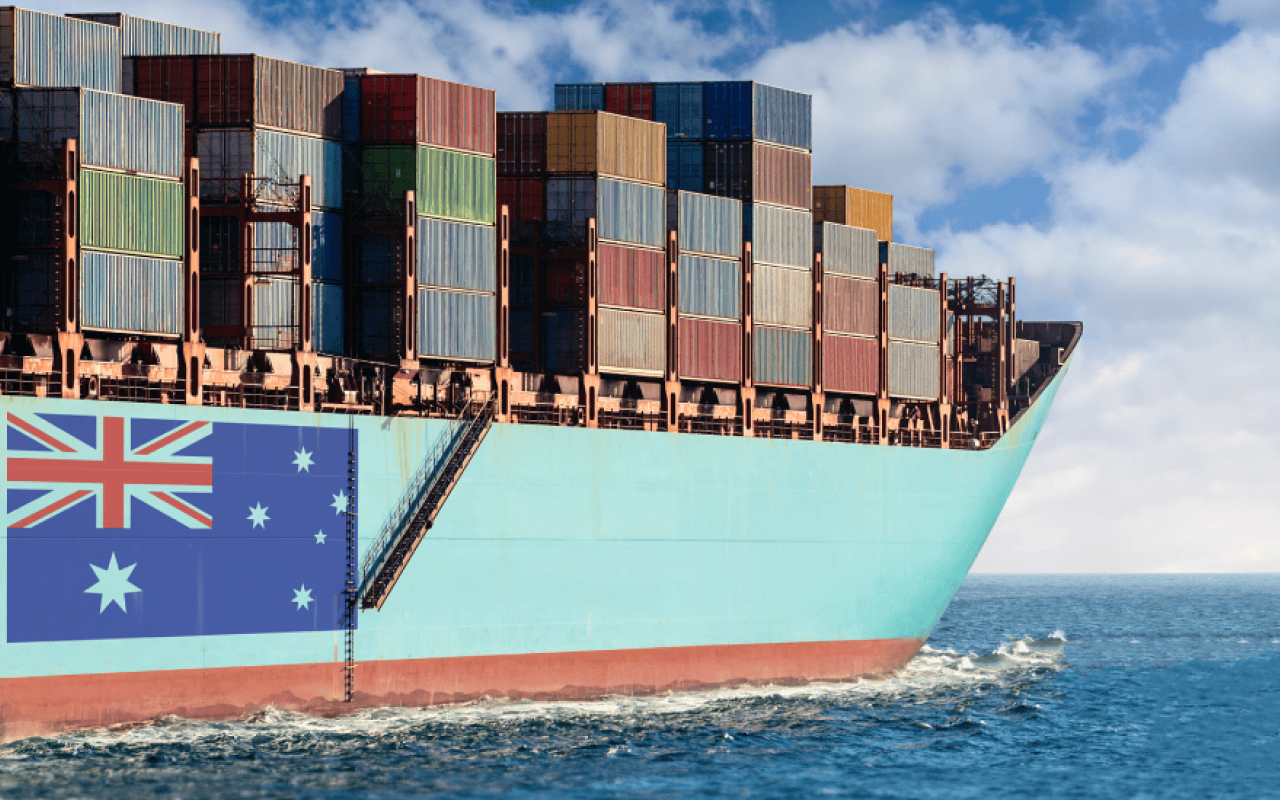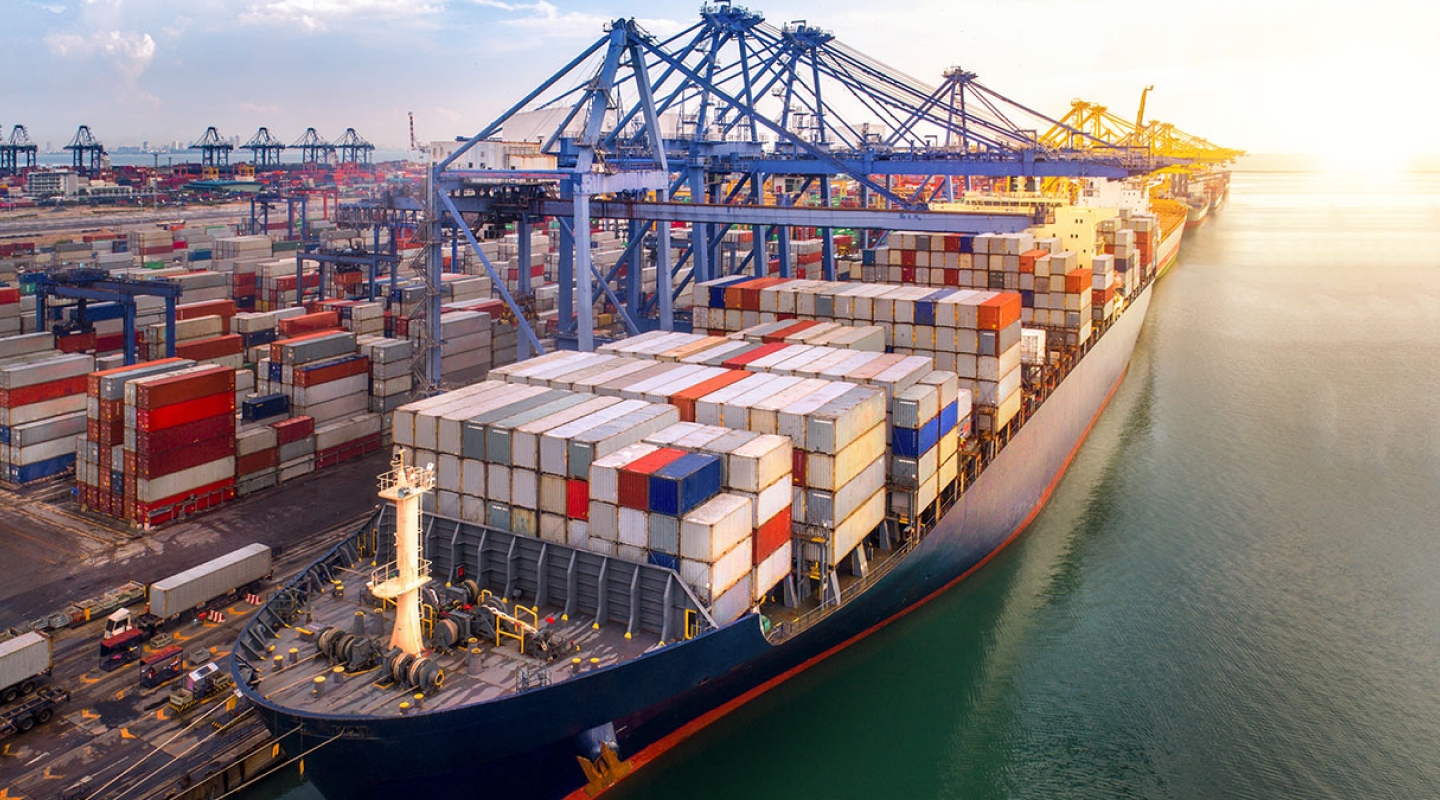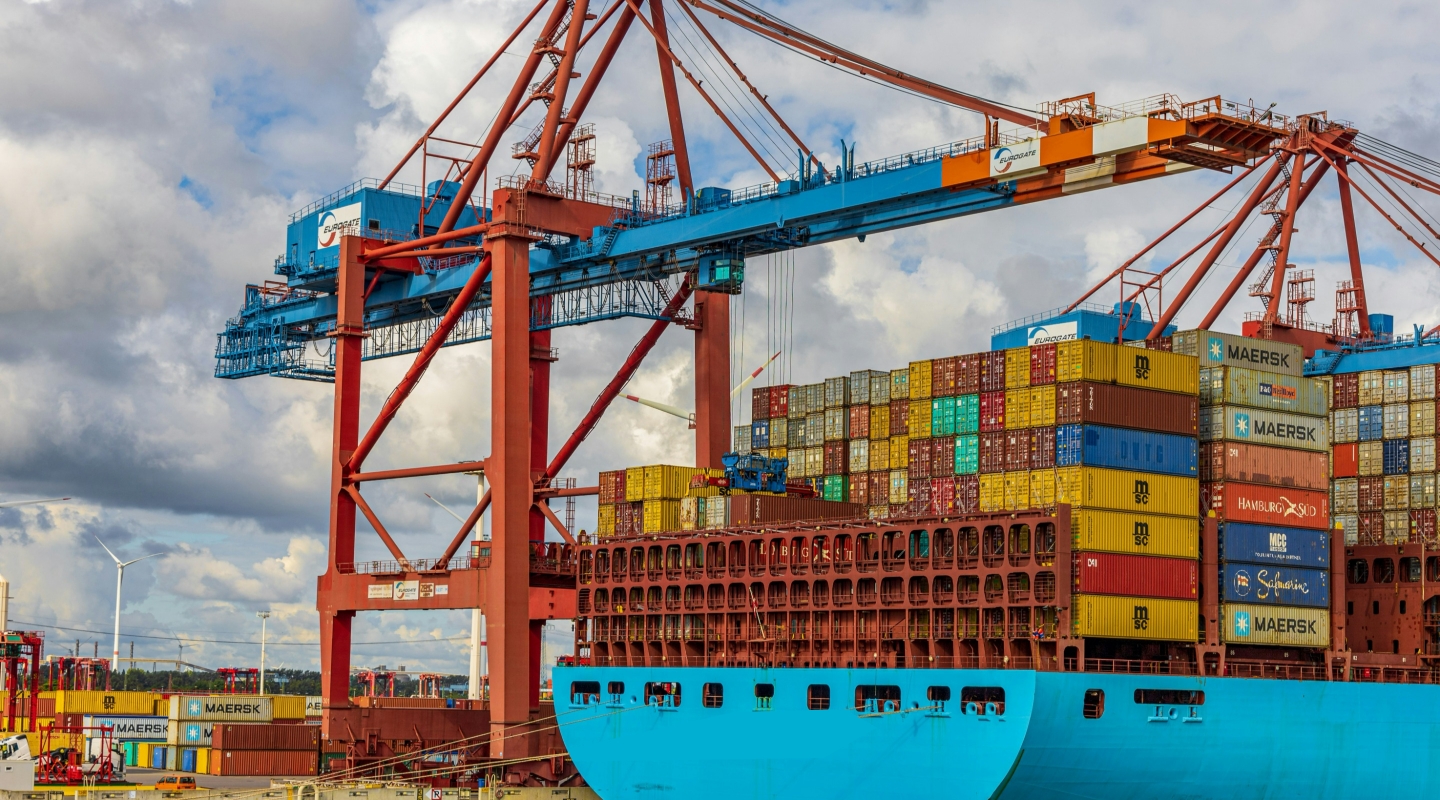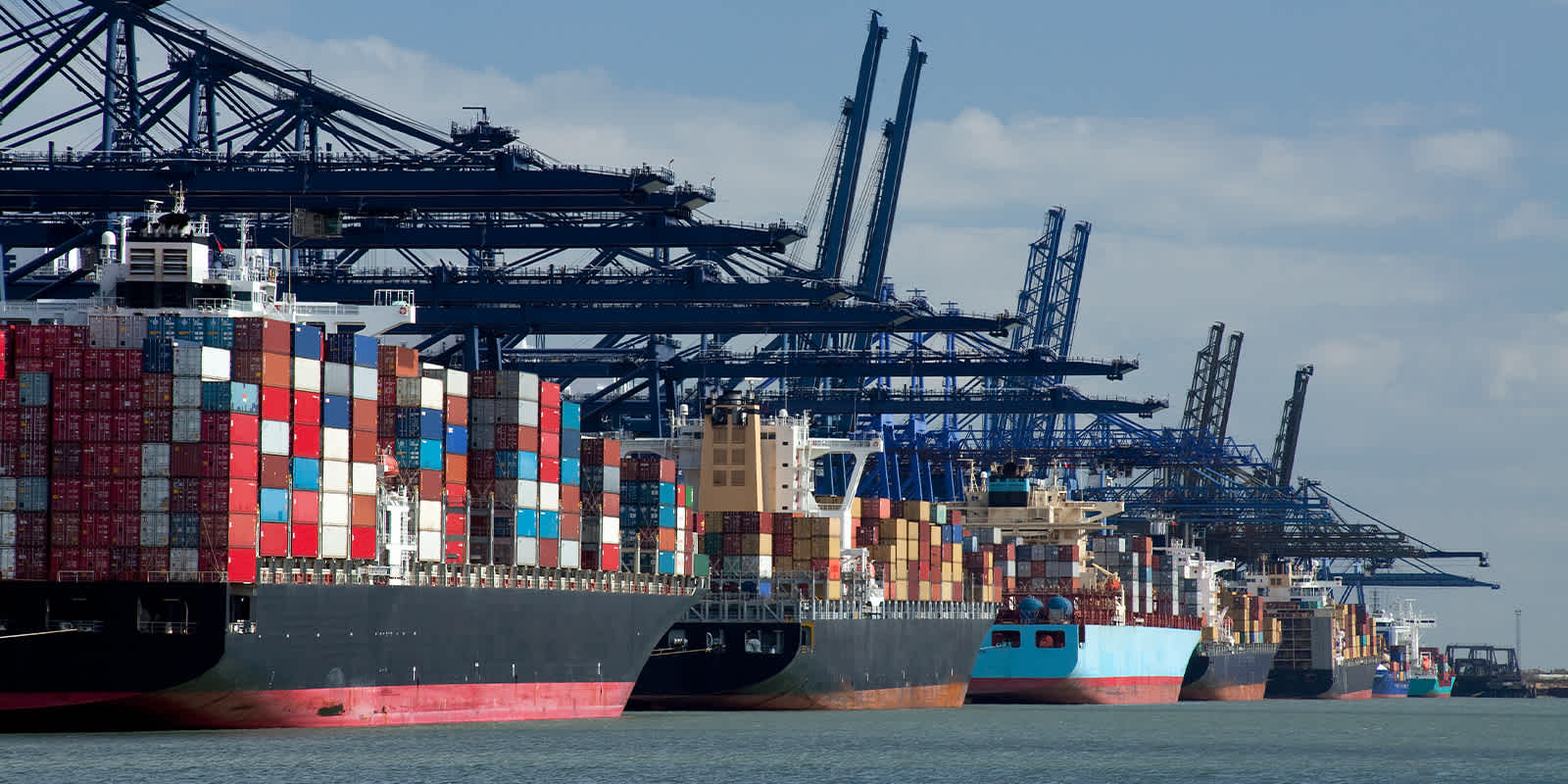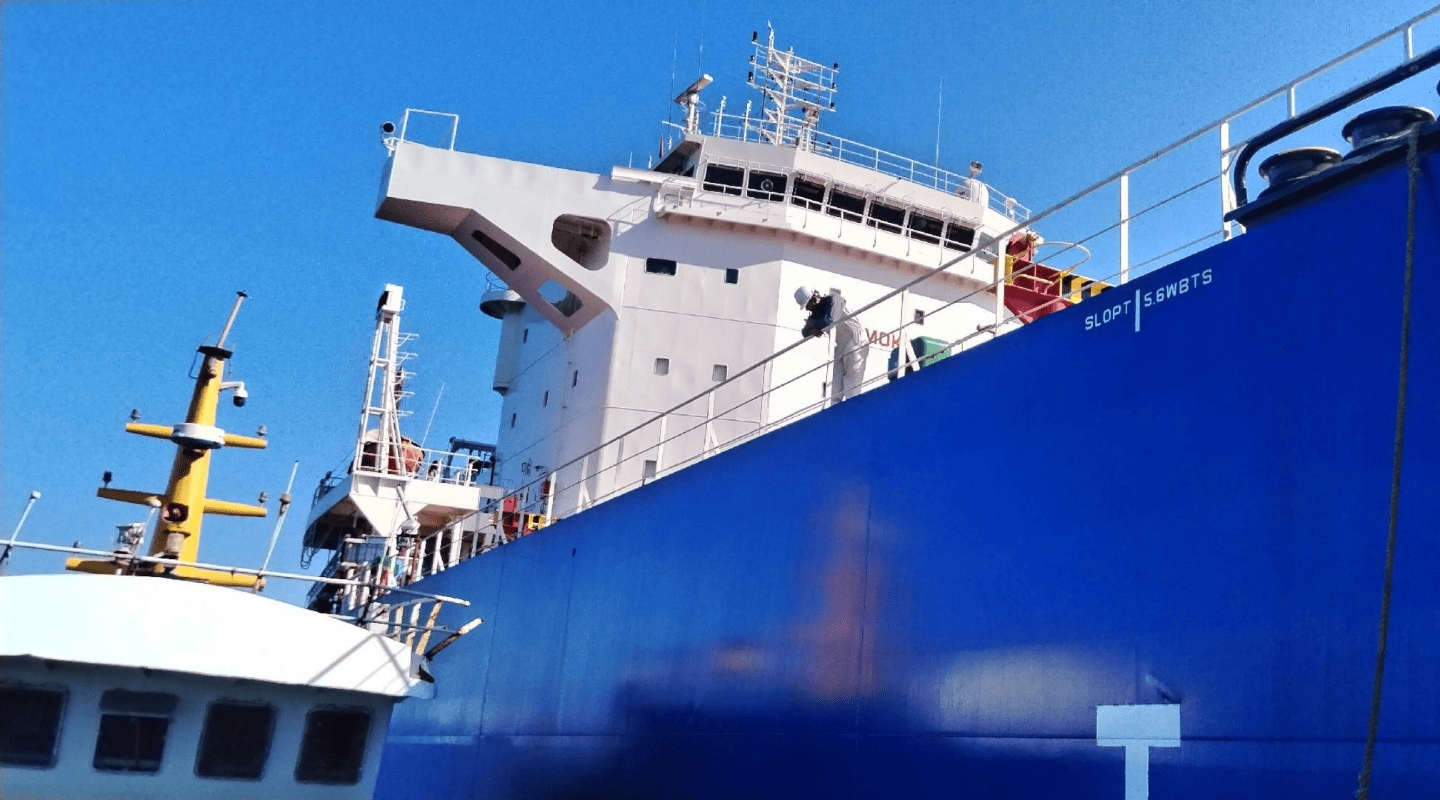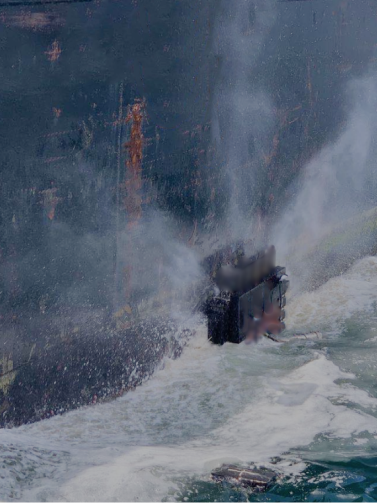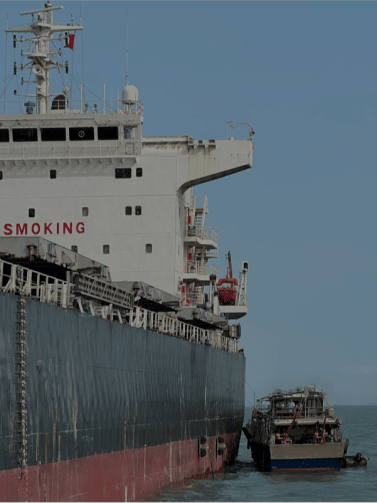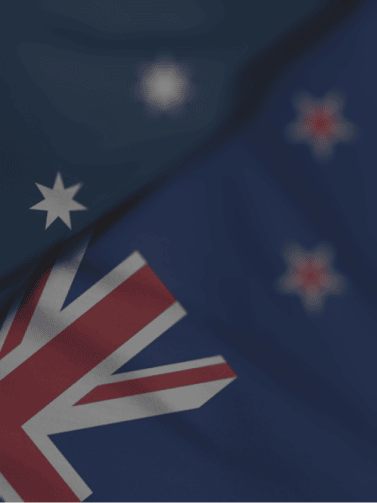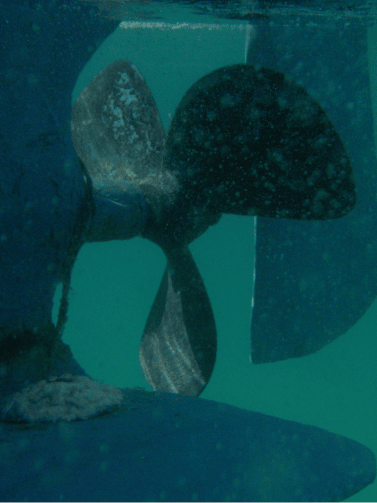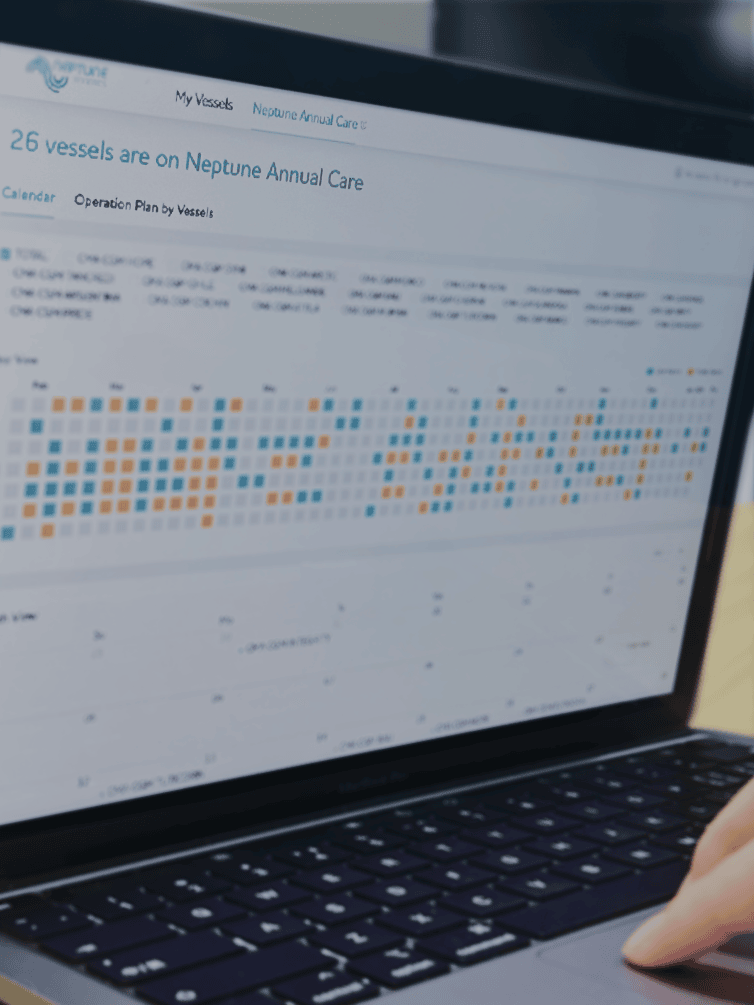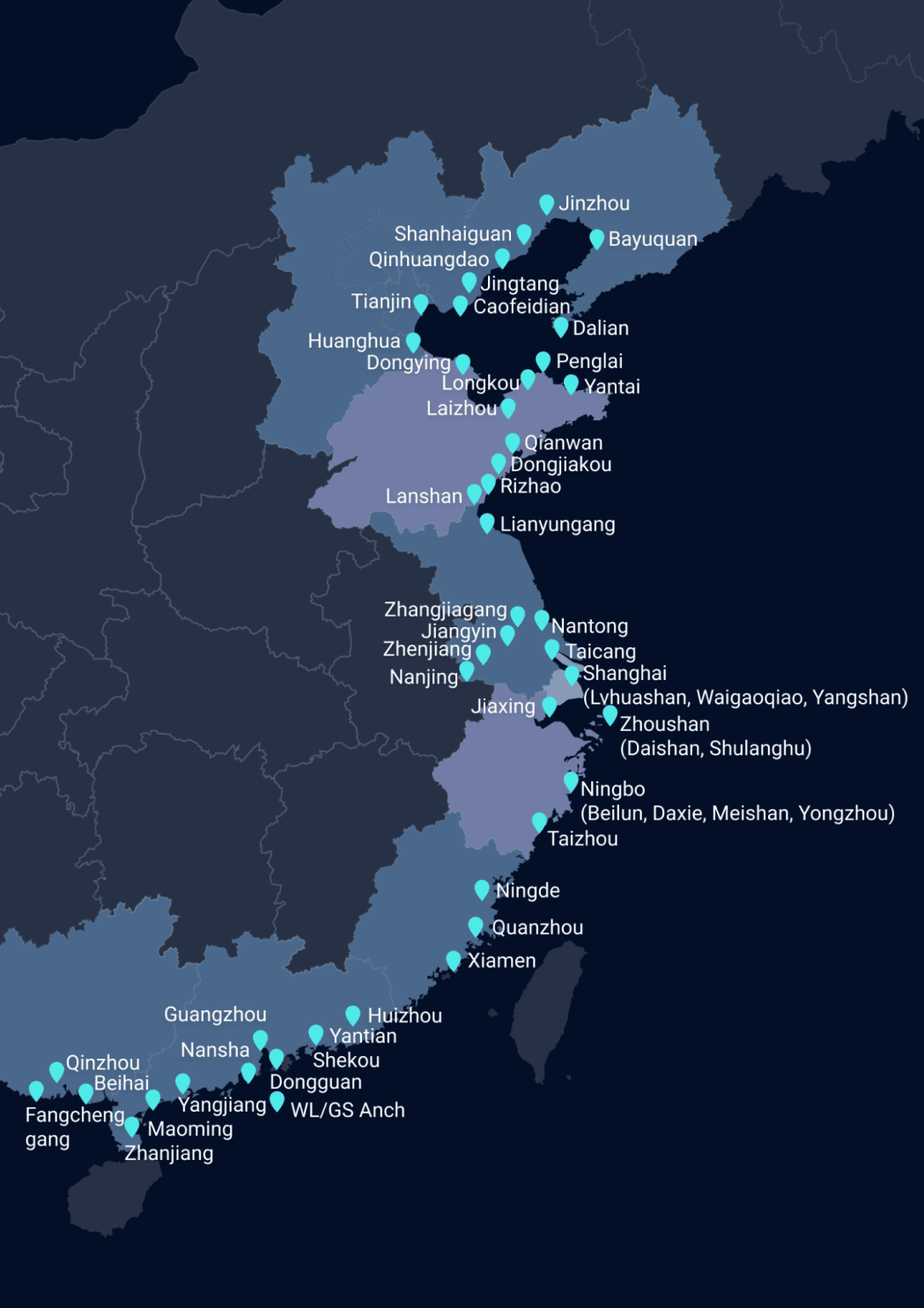Recently, the BBC reported that the Vessel “V” was refused entry at the ports of Christchurch and Dunedin in New Zealand, as well as Hobart and Adelaide in Australia. Over 800 passengers were stranded on board for more than a week.
Australian Department of Agriculture, Fisheries and Forestry determined that the cruise ship’s hull had a small amount of biofouling, which could lead to invasive species entering non-native habitats. The ship had to first clean the biofouling before it could dock. On December, vessel “C” was also forced to interrupt its voyage due to the same issue, having to “complete hull cleaning outside the originally planned schedule before docking at New Zealand port.”
01-The strictest hull cleaning regulations in the world
Biofouling is in all seagoing vessels, and most countries around the world tolerate it. However, in order to protect their local marine ecosystems, New Zealand and Australia are especially careful and have introduced the strictest hull cleaning regulations in the world:
Not only do they require international ships to report biofouling management information before arrival, but they also carry out underwater inspections based on the review results and decide whether the ship can dock.
Paul Hallett, the environmental Health Manager of New Zealand’s Biosecurity Agency, said: “Even the smallest impact can pose a threat to marine life.” Therefore, before arrival, all microbial contamination species on the underwater hull of international ships need to be cleaned, including nich areas that are usually overlooked in ordinary ship cleaning.
As a result, these cruise ships, which are normally cleaned to a higher standard, received reminders about biofouling regulations before heading to Australia and New Zealand but still failed to pass the such high-standard information review and underwater inspections of both countries.
02-Losses of up to 1 million US dollars!
According to data from New Zealand’s MPI, between January 2020 and September 2022, 377 arriving ships in New Zealand received instructions to address biofouling issues.
The shipping companies of these ships have to pay a high price for this. In addition to paying for diver inspections and hull cleaning, cruise ship companies have to compensate passengers for delayed trips, while cargo ship companies must bear the indirect economic losses caused by delayed docking and unloading of goods on schedule.
“Especially for large ships, cleaning in high sea involves considerable costs and usually takes one to two weeks,” Australian media SBS reported. For example, a cargo ship of the British shipping company was found to be non-compliant and had to unload its cargo onto another ship and return, resulting in a 6-week delay in delivery. Another tanker bound for New Zealand had to spend $500,000 on cleaning at high sea for two weeks, while the company had to spend another $500,000 to charter another ship to transport the cargo. Moreover, underwater cleaning at high sea is not easy, considering factors such as weather conditions and having to hire diving companies designated by Australian and New Zealand authorities. A cruise ship attempted to organize hull cleaning outside several ports in New Zealand, but due to the unavailability of diving companies approved by the New Zealand MPI authorities, it had to change course to Australian offshore operations.
03-Be well-prepared before departure
To avoid the hassle of information interrogation, underwater inspections, and the time and financial losses caused by being denied entry to ports or cleaning at sea, shipping companies urgently need a solution tailored to Australian and New Zealand requirements to help them be well-prepared before departure. At present, hundreds of ships have smoothly entered New Zealand and Australian ports through the “Neptune Annual Assurance Program (ANZAC Specialized)”, including large vessels that have been the focus of New Zealand’s MPI due to multiple non-compliance issues.
Neptune is well-versed in Australia and New Zealand’s biofouling management regulations, providing tailor-made annual protection services for ships, offering high-standard, paint-friendly robotic hull cleaning, as well as visualized and data-based pre- and post-cleaning inspection reports and compliant documentation information to help ships smoothly enter New Zealand and Australian ports.
Cleaning biofouling from hulls can also reduce drag during navigation, enabling ships to reduce fuel consumption and carbon emissions by up to 40%. This helps shipping companies comply with biofouling and carbon emission regulations while significantly reducing operating costs, ensuring greater stability in the industry during periods of excess capacity and plummeting freight rates.
